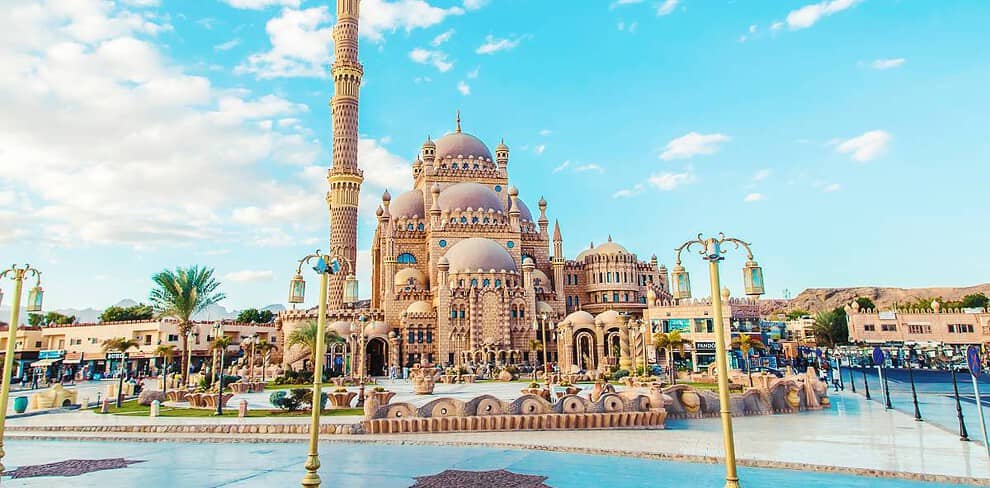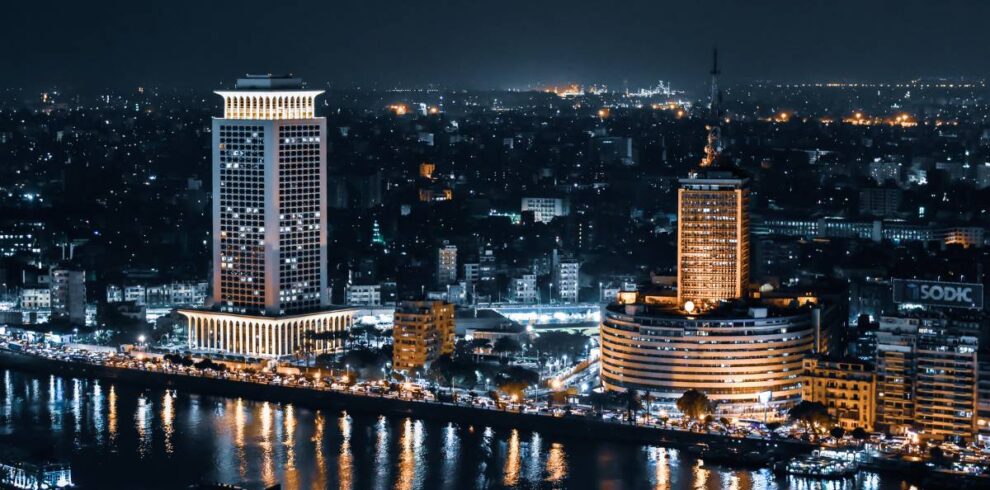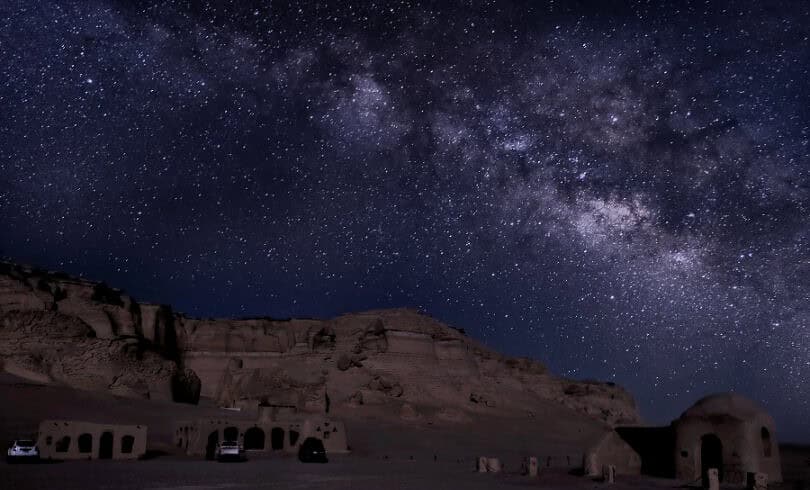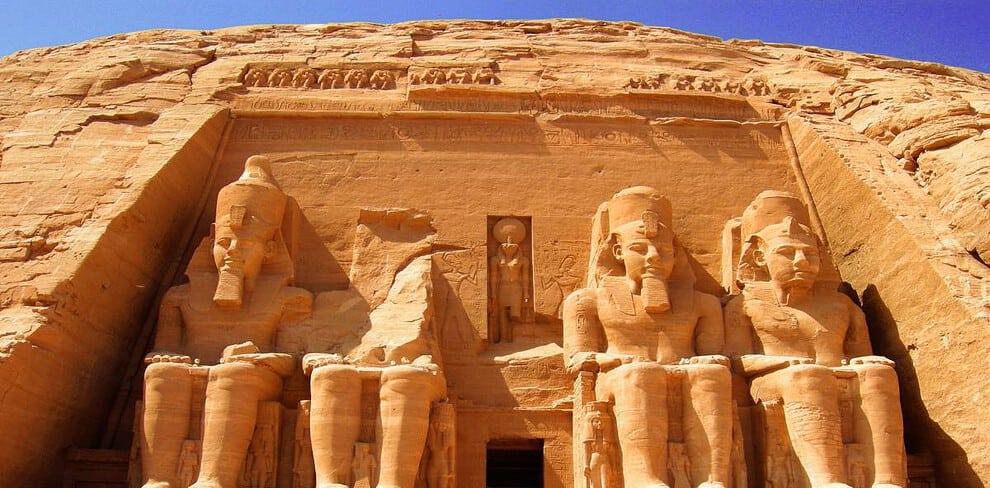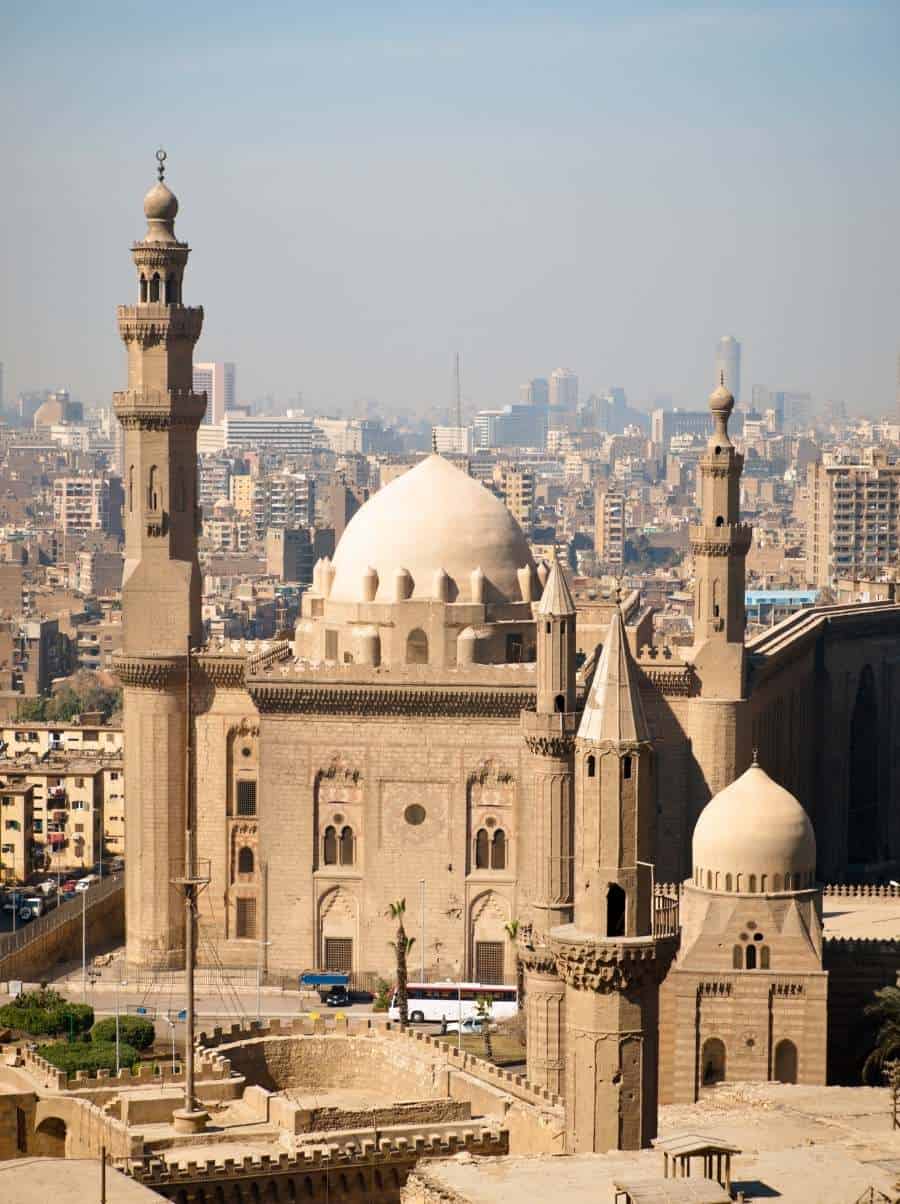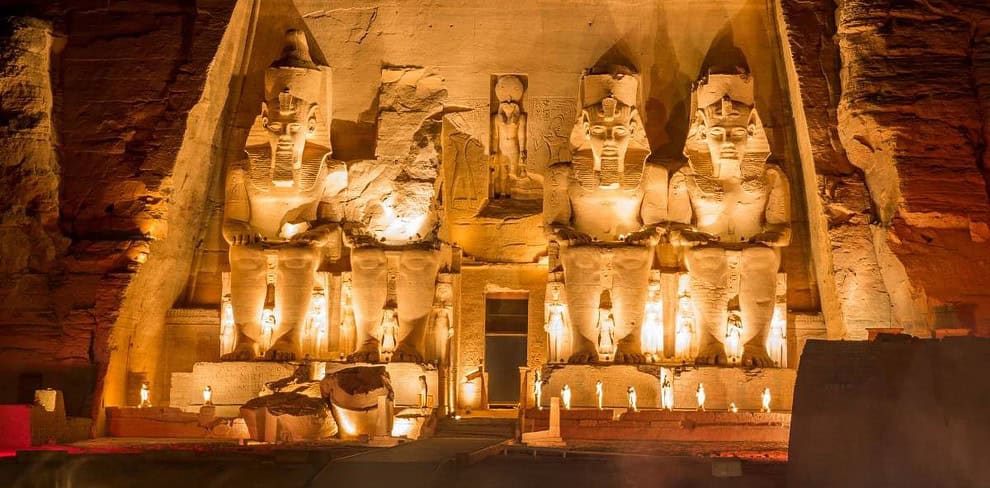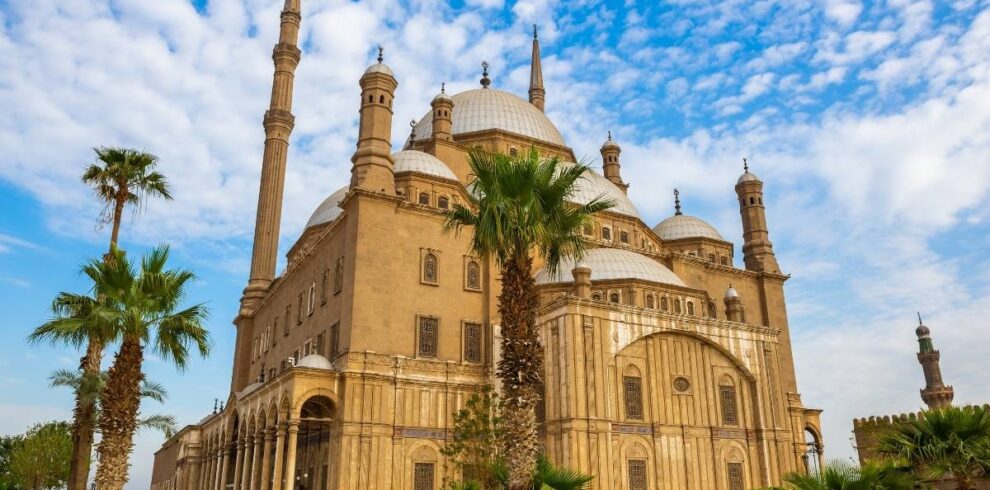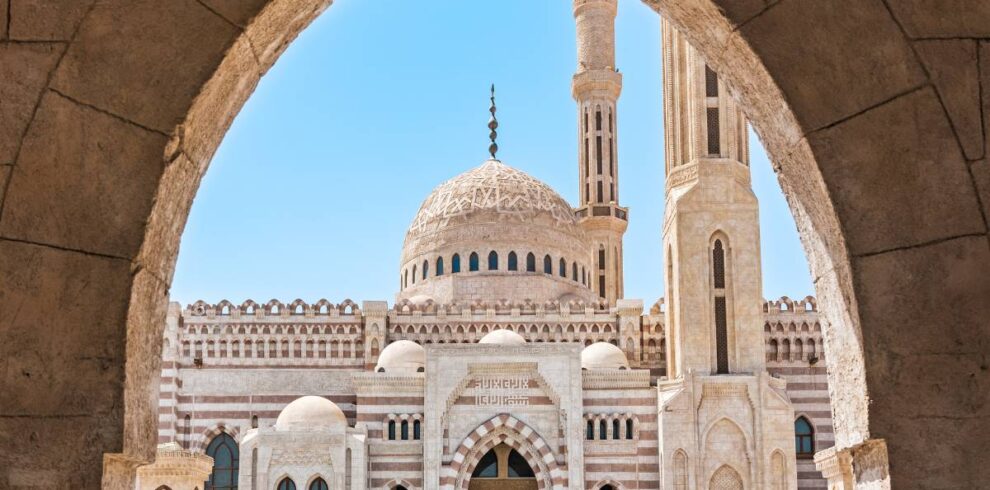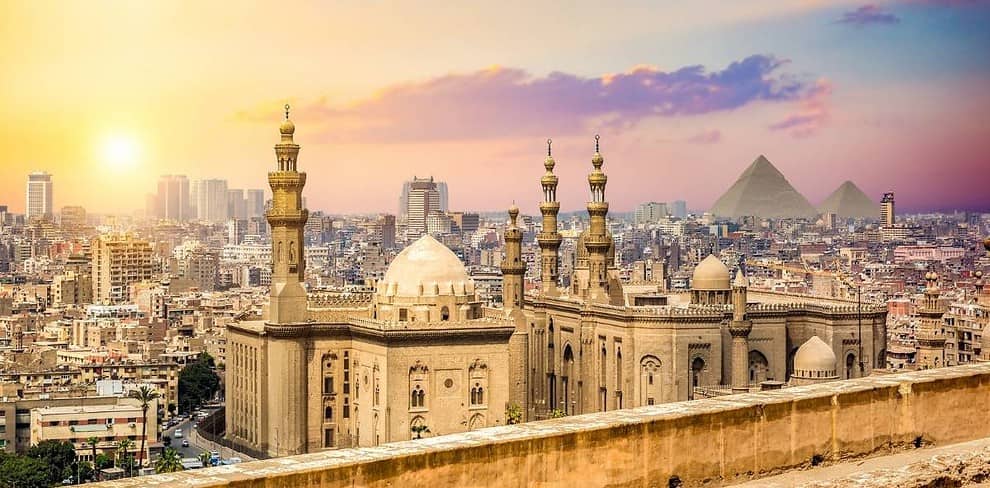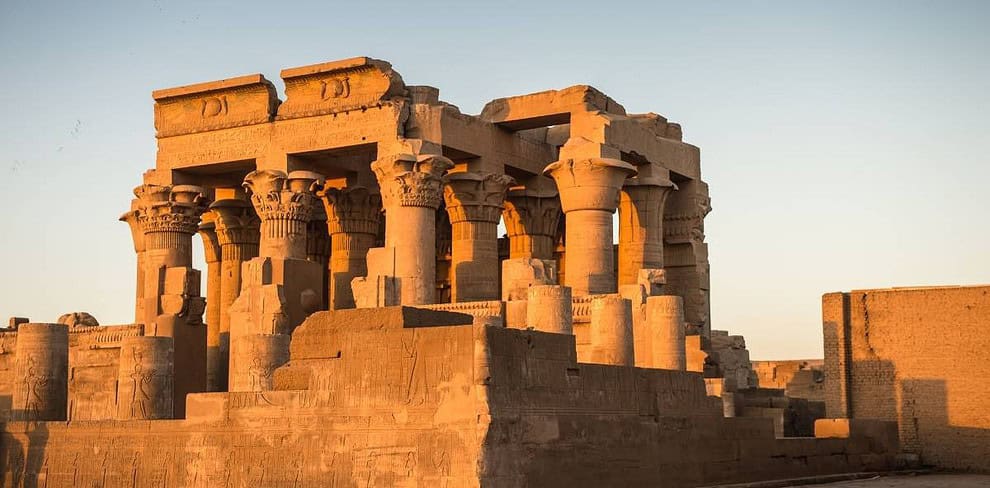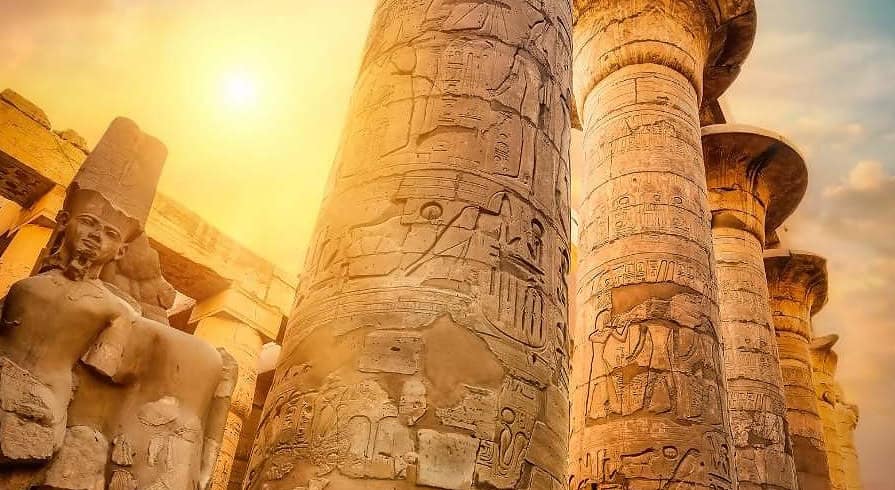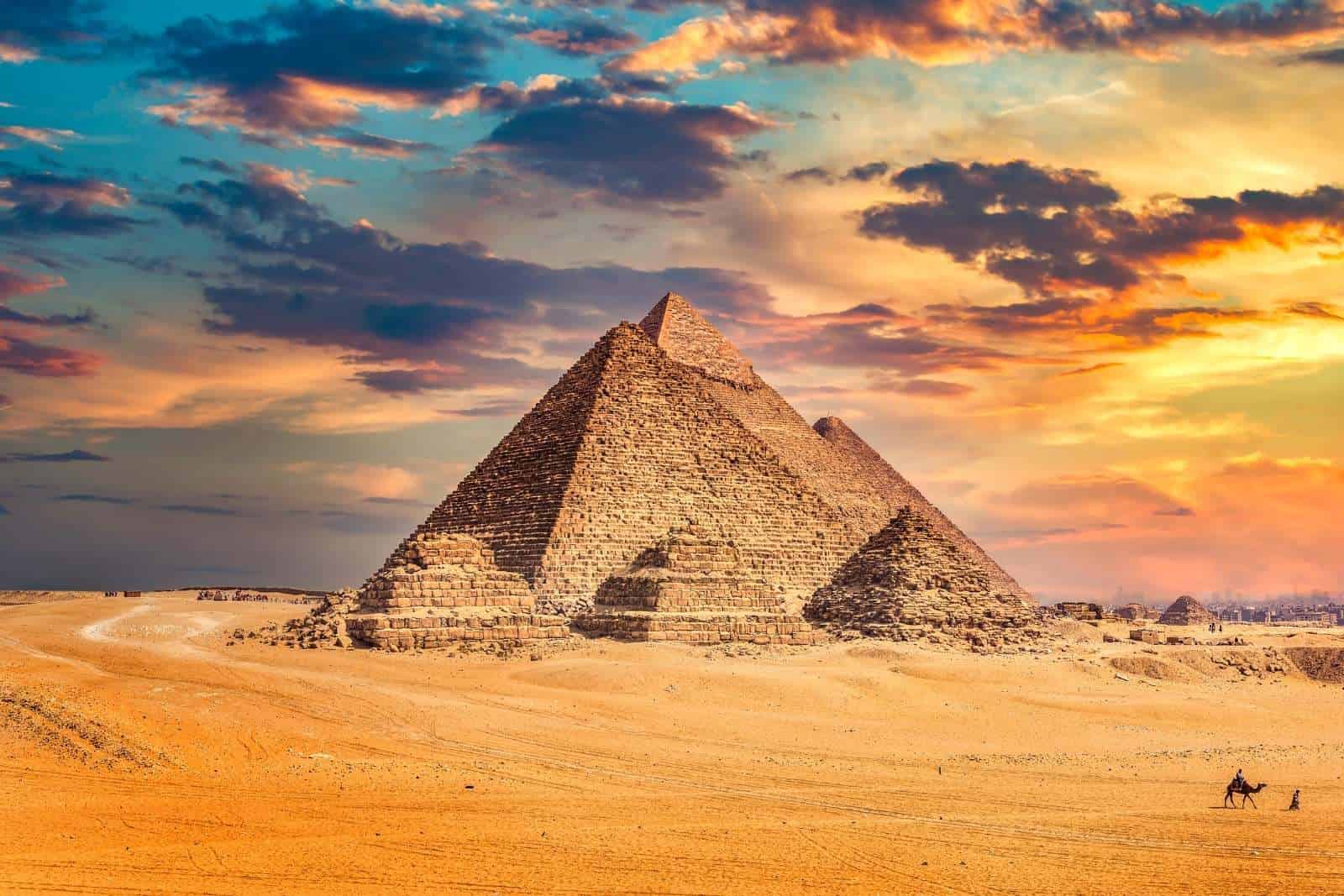Table of Contents
Delve into Egypt culture as we offer you a comprehensive understanding of the customs of Egypt, along with its rich and vibrant heritage, encompassing traditions, values, and distinctive customs and practices.
Egyptians place great importance on hospitality, warmly welcoming guests into their homes. Family is at the heart of Egyptian society, with strong bonds and a strong sense of community. It’s essential to acknowledge that Egypt culture is continuously evolving, influenced by historical events, regional dynamics, and global interactions.
Gaining an understanding of the culture of Egypt can provide valuable insights into the intricate and diverse society of the country.
Egypt Culture
Here are the most important points to begin learning about Egypt culture and customs:
- Ethnic Diversity: Egypt is home to a diverse mix of ethnic groups, each with its own customs and traditions. Egyptians, Nubians, Bedouins, and various other ethnic communities coexist.
- Languages: Arabic is the official language of Egypt, but various regional dialects and languages are spoken throughout the country.
- Islamic Practices: Egypt is predominantly a Muslim country, and Islam is deeply ingrained in Egypt culture, affecting daily life, values, and societal norms. This includes daily prayers, fasting during Ramadan, and adherence to Islamic dietary laws. The majority of Egyptians practice Sunni Islam.
- Greeting Etiquette: Greetings are an essential part of Egypt culture. Handshakes are common between men, while men and women usually do not shake hands. Instead, they greet each other verbally with polite phrases.
- Traditional Clothing: Traditional Egyptian clothing, such as the “galabeya” for men and similarly styled dresses for women, is commonly worn. Traditional attire varies by region and ethnicity but remains an integral part of Egyptian identity.
- Cuisine: Egyptian cuisine features dishes like kebabs, koshari, and a variety of stews. It reflects a fusion of Middle Eastern, Mediterranean, and African flavors.
- Hospitality: Egyptians are renowned for their warm hospitality. When guests visit, they are offered tea, meals, and often a place to stay. It is considered impolite to decline such offers.
- Respect for Elders: Respect for elders is a deeply ingrained custom. Younger individuals show deference to their seniors through words and actions.
- Arts and Crafts: Egypt has a rich tradition of arts and crafts, including intricate pottery, jewelry-making, calligraphy, and papyrus painting.
- Music and Dance: Traditional Egyptian music includes instruments like the oud and tabla. Folk dances, such as the “tanoura” dance, are an integral part of cultural celebrations.
- Celebration of Festivals: Egyptians celebrate various religious and cultural festivals, such as Eid al-Fitr, Eid al-Adha, and Coptic Christmas. These celebrations often involve special prayers, feasts, and gatherings with family and friends.
- Family and Community: Family is central to Egyptian society, and strong community bonds are essential for support and social cohesion.
- Gender Roles: Gender roles are traditionally defined, with men and women often occupying distinct social spheres. However, changes are occurring, particularly in urban areas.
- Arranged Marriages: Arranged marriages are a prevalent custom in Egypt. Families play a central role in matchmaking, and the union is seen as a commitment not only between individuals but also between families.
- Ancient History and Heritage: Egypt’s rich ancient history, including the pyramids, temples, and hieroglyphics, has a significant influence on modern Egypt culture and identity.
These customs are essential aspects of Egypt culture and are readily visible in everyday life, reflecting the country’s rich cultural heritage and strong sense of community and tradition.
Egypt Traditional Attire
Egyptian traditional attire reflects the country’s rich history, diverse cultural influences, and regional variations. The clothing worn by Egyptians serves both functional and cultural purposes and is an important aspect of their identity.
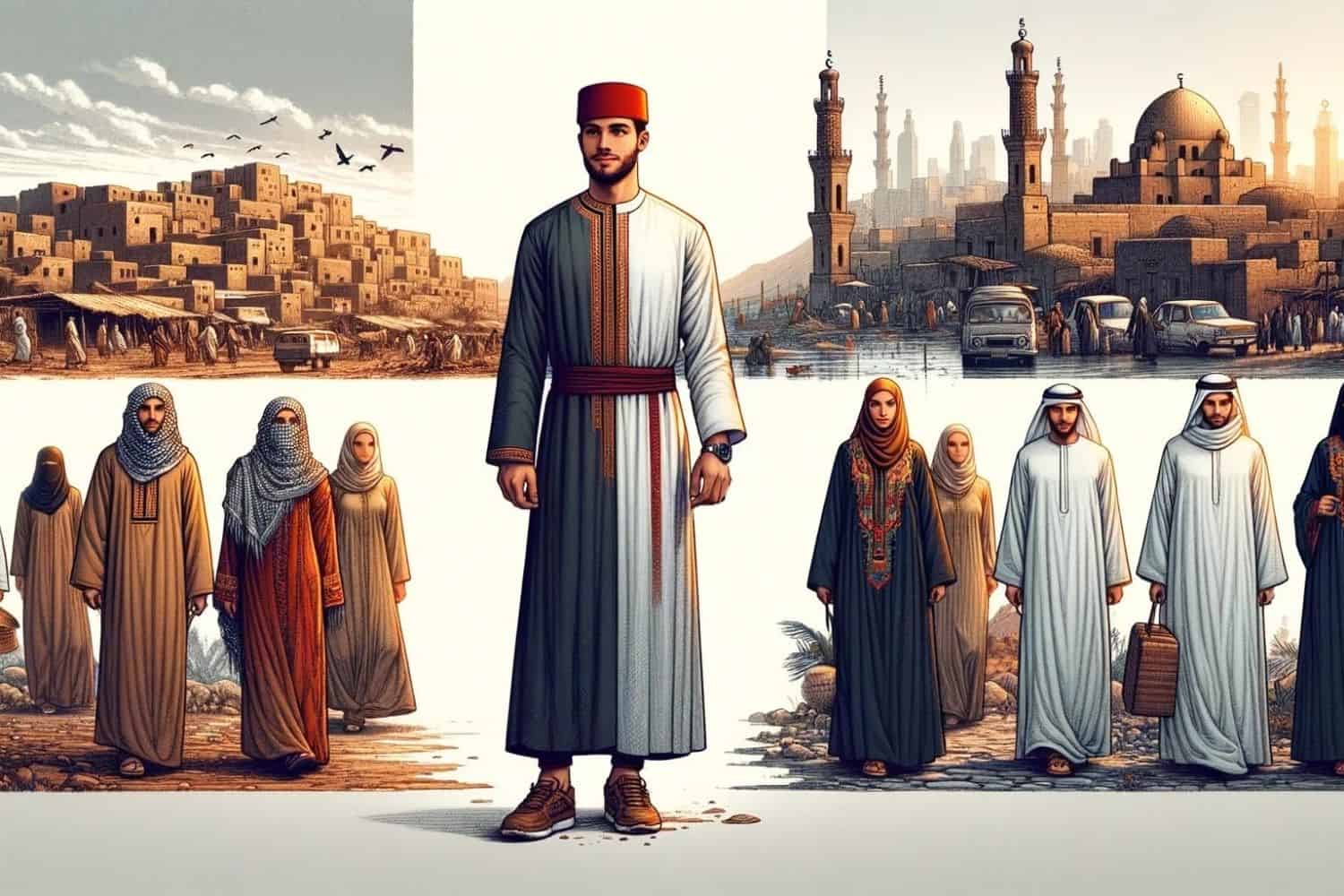
1. Regional Diversity: Egypt’s traditional clothing varies across different regions of the country, influenced by factors such as climate, lifestyle, and local traditions. In the Nile Delta and urban areas, lighter and more modern clothing is common, while in rural Upper Egypt and desert regions, traditional attire remains prevalent.
2. Men’s Clothing: Traditional Egyptian men’s attire often includes the “galabeya,” a long, loose-fitting tunic made of lightweight fabric. It is typically worn with a wide belt. Men may also wear a “tarboosh,” a traditional red fez-like hat, or a “kufi” cap.
3. Women’s Clothing: Women in Egypt traditionally wear the “abaya” or “jilbab,” a long, flowing robe that covers the body. This is often accompanied by a headscarf or “hijab” for modesty. The style and colors of the abaya may vary based on personal preferences and regional influences.
4. Bedouin Attire: Nomadic and Bedouin communities in Egypt, particularly in the Sinai Peninsula and desert areas, have unique clothing styles. They wear loose, flowing garments designed for comfort and protection from the harsh desert environment. Women often adorn themselves with colorful veils and jewelry.
5. Nubian Clothing: In southern Egypt, the Nubian community has its own distinctive clothing. Nubian women traditionally wear bright and colorful dresses, often decorated with intricate beadwork and embroidery. Men may wear turbans and garments made from locally sourced materials.
6. Wedding and Festive Attire: Egyptians dress elaborately for weddings, celebrations, and religious festivals. Women wear intricate dresses and adorn themselves with jewelry, while men may opt for more formal galabeyas. The choice of clothing for these occasions often reflects cultural and social significance.
7. Modern Influence: In urban areas like Cairo and Alexandria, modern Western clothing has become prevalent due to urbanization and globalization. However, many Egyptians still maintain a connection to their traditional attire, wearing it on special occasions or incorporating elements of it into their daily wardrobe.
Egypt’s traditional attire is a reflection of its cultural heritage and the fusion of various influences over the centuries. It serves as a visual representation of Egypt’s diverse and dynamic society, where traditional and modern elements coexist.
Egypt Marriage Traditions
Egyptian marriage traditions are deeply rooted in the country’s rich cultural and historical heritage, with variations across different regions and communities. These traditions hold a significant place in Egyptian society, reflecting a blend of ancient customs and contemporary influences.
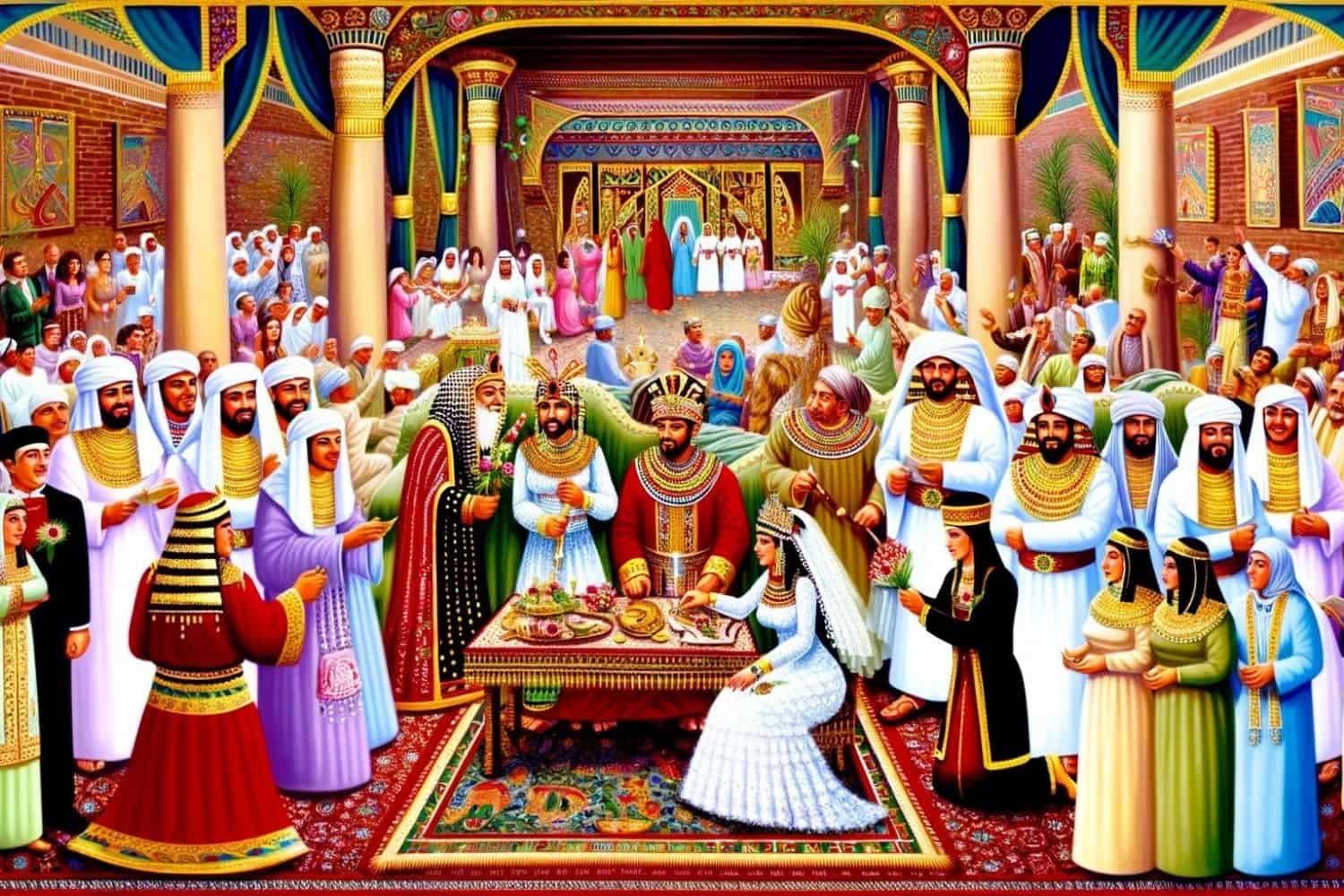
1. Arranged Marriages: Arranged marriages are a common practice in Egypt. Families often play a central role in selecting suitable partners for their children. Arranged marriages are regarded as a way to maintain cultural values and ensure compatibility between families.
2. Matchmakers: Matchmakers, known as “Khatib” in Arabic, are instrumental in finding compatible matches for individuals. They take into account factors like family background, social status, and personal compatibility when suggesting potential partners.
3. Engagement: Once a suitable match is found, the engagement process begins with a formal agreement between the families. This agreement, referred to as “Khitbah” or “Katab al-Kitaab,” signifies the commitment of the couple to marry.
4. Wedding Celebrations: Egyptian weddings are grand affairs that can extend over several days. They typically involve traditional rituals, sumptuous feasts, music, and dancing. The main wedding ceremony involves the signing of the marriage contract and may take place in a mosque or at the bride’s home.
5. Bridal Dowry (Mahr): In Egypt culture, it is customary for the groom to provide a dowry, known as “Mahr,” to the bride. This serves as a symbol of commitment and financial security. The size and nature of the dowry can vary depending on the families and regions involved.
6. Bridal Attire: Brides in Egypt often wear elaborately designed dresses, often with intricate embroidery and adornments. The style of attire varies based on the region and cultural background, with Coptic Christian brides, for example, having distinct styles from Muslim brides.
7. Post-Wedding Customs: Following the wedding ceremony, various traditions may continue, such as the “Walima,” a festive banquet hosted by the groom’s family, and the “Honeymoon,” where the newlyweds spend time together immediately after the wedding.
8. Religious Significance: Marriage is considered a sacred institution in Egypt, with strong ties to Islamic customs and traditions. The marriage contract, known as the “Katb el-Kitab,” is conducted in accordance with Islamic principles and often involves recitations from the Quran.
9. Family and Community Involvement: Egyptian weddings are not just about the couple but also involve the extended families and the broader community. Community support and participation are vital aspects of these celebrations.
10. Contemporary Changes: In modern urban areas and among the younger generation, there is a growing trend toward love marriages, where individuals choose their partners based on personal preferences. However, even in such cases, traditional customs and ceremonies may still be incorporated into the wedding celebrations.
Egyptian marriage traditions reflect the significance of family, community, and cultural heritage in Egyptian society. While some practices have evolved over time, they continue to be an essential part of Egyptian life, preserving the nation’s cultural legacy and social bonds.
Egypt Food Culture
Egyptian food culture is a captivating and diverse reflection of its history, geography, and the fusion of culinary traditions from North Africa, the Middle East, and the Mediterranean.
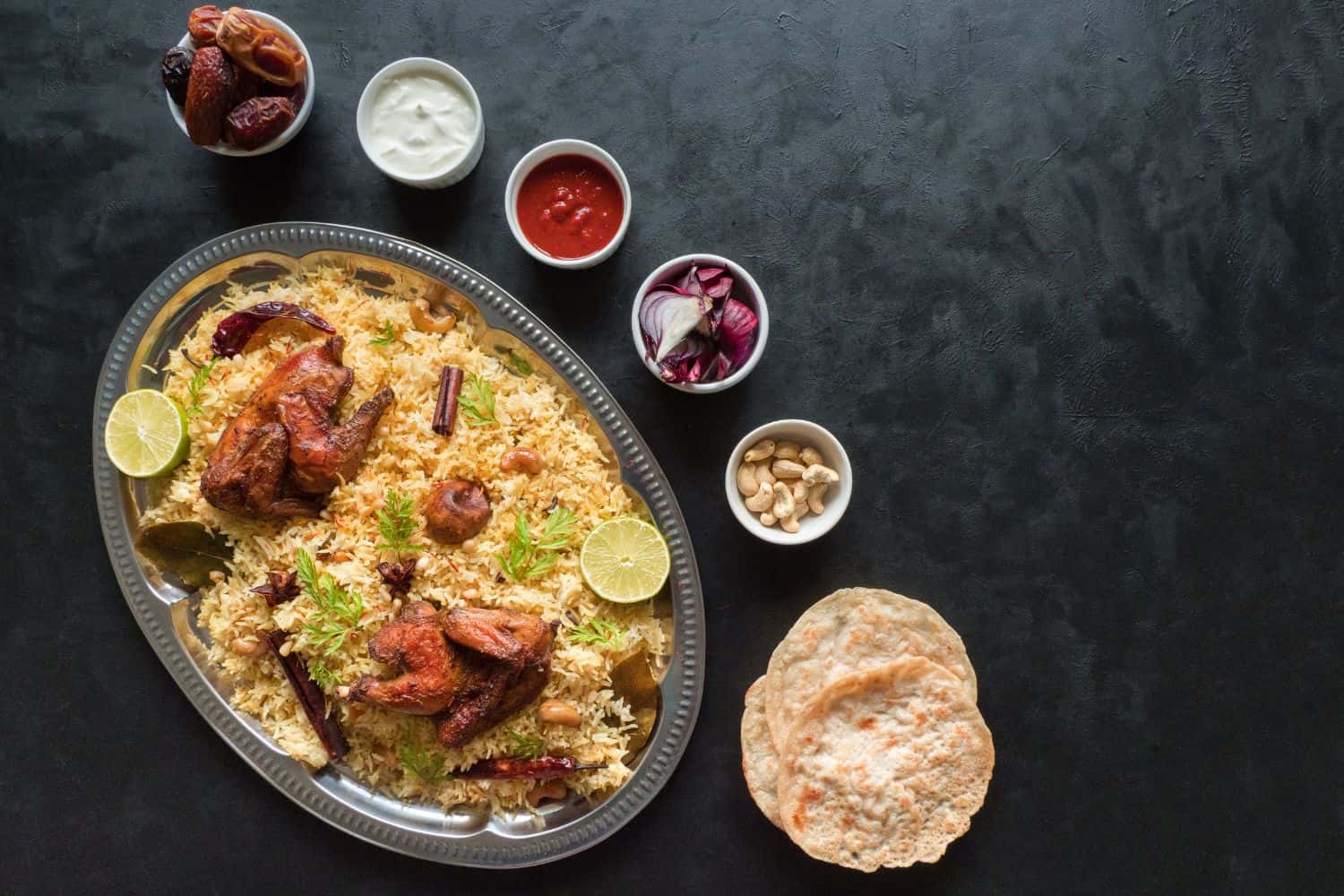
- Regional Variation: Food from Egypt diverse geography, ranging from the fertile Nile Delta to the arid deserts, has led to a wide range of regional cuisines. Each region incorporates local ingredients and cooking techniques, creating a rich tapestry of flavors.
- Staple Foods: Egyptian cuisine relies heavily on staple foods like rice, bread (especially Egyptian flatbread or “aish baladi”), and grains such as wheat and millet. Rice dishes like “kushari” and “mahshi” (stuffed vegetables) are particularly popular.
- Kebabs and Grilled Meats: Grilled meats, especially kebabs, are a signature feature of Egyptian cuisine. Lamb, beef, and chicken are commonly used, often marinated in spices before grilling.
- Flavorful Spices: Egyptian cuisine incorporates a variety of spices and herbs like cumin, coriander, cardamom, and cinnamon. These spices add depth and complexity to dishes.
- Traditional Dishes: Egyptian cuisine features traditional dishes like “koshari” (a mix of rice, lentils, pasta, and fried onions), “ful medames” (mashed fava beans), “molokhia” (a green leafy vegetable stew), and “samosa” (similar to the Middle Eastern “sambosa”). These dishes may have regional variations.
- Use of Dairy: Dairy products like yogurt and cheese are common ingredients in Egyptian cuisine, used in dishes like “feteer” (a stuffed pastry) and “zabadi” (yogurt-based dips).
- Baking in Ovens: Egyptian food is often baked in traditional clay ovens. The “tandoor” is used for baking bread like “aish baladi” and preparing dishes like “kabab wa kofta.”
- Sweets and Desserts: Egyptian sweets often incorporate ingredients like nuts, dates, and honey. “Baklava,” “basbousa” (semolina cake), and “qatayef” (stuffed pancakes) are popular desserts, especially during holidays.
- Tea Culture: Egyptians have a strong tea culture, with black tea being a popular choice. It is often brewed strong and served sweet, often accompanied by lively conversations and social gatherings.
- Family and Community Dining: Egypt culture places a significant emphasis on communal dining. Families and friends often gather around a table to share meals together, and “mouled” celebrations are known for their communal feasting.
- Influence of Egyptian Diaspora: Egyptian cuisine has gained recognition and popularity in various parts of the world due to the Egyptian diaspora. Egyptian restaurants in international cities offer a taste of Egypt culture to diverse audiences.
- Resilience and Adaptability: Egyptian cuisine has endured and adapted over the years, showcasing the creativity of Egyptian cooks in creating delicious dishes, even in challenging circumstances.
Book our services
Our services as a travel agency in Egypt ensure that your journey is not only enjoyable but also informative and hassle-free. Egypt’s cultural delights, historical marvels, and natural wonders await your exploration with RJ Travel LLC. Our Egypt Private Tours are designed to immerse you in the rich cultural heritage, historical significance, and breathtaking landscapes of this extraordinary nation.
Contact Us and our team will make sure to help you plan your trip to Egypt when it’s safe and ready for travel. Whether you’re interested in joining a pre-arranged Egypt small group tour or creating a custom itinerary, we are here to make your Egyptian adventure an unforgettable reality.
More About Egypt
[the-post-grid id=”50353″ title=”Egypt Main page”]
Book Your Trip to Egypt Today!
Embark on an unforgettable journey and explore the allure of Egypt through our exclusive tours.


